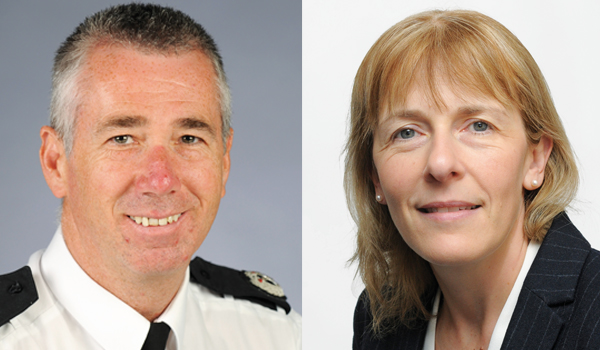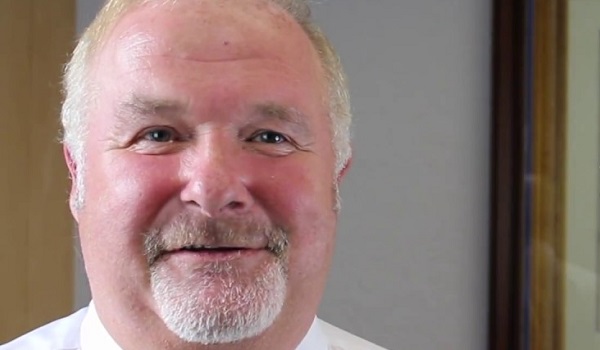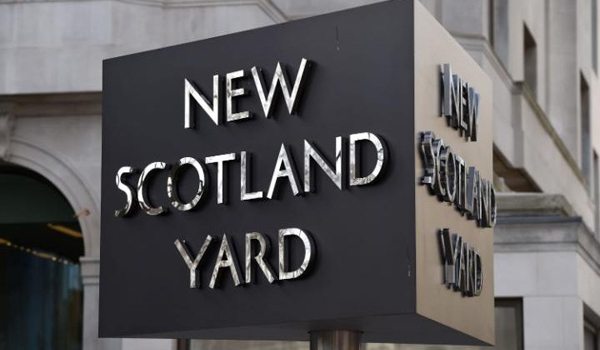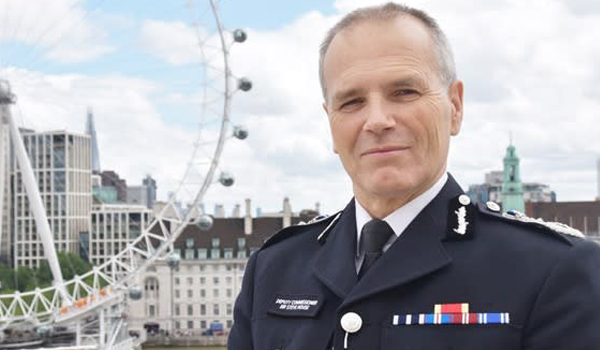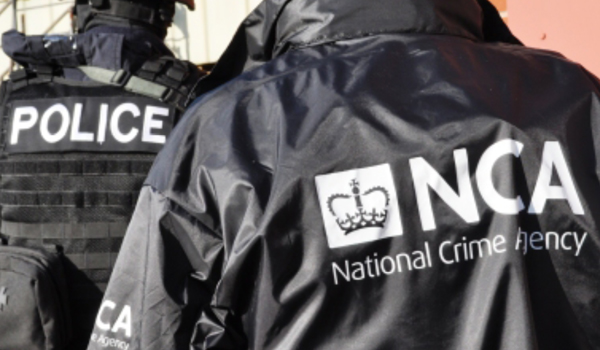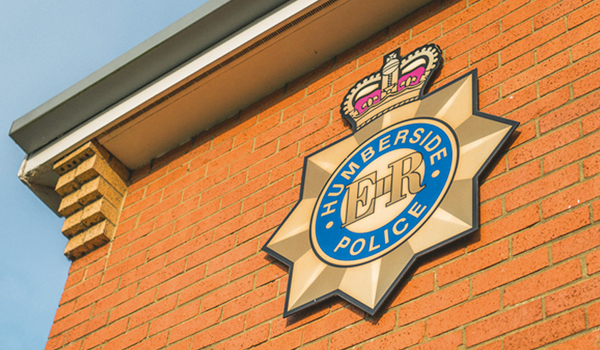The success of risk
A police documentary is continuing to enter new territory in showing the human side of policing, broadcasting the warts and all of everyday life, including the shock of discovering that one of their own is a prime suspect. Chief officers explain why they went against the advice of the inspectorate to be so transparent with the public.
What makes a police force stronger than showing how good its officers are? Showing that bad cops are treated with integrity, according to Chief Constable Jon Boutcher, ahead of the first episode of a new series of 24 Hours in Police Custody being broadcast with what can only be described as a bizarre example of police corruption. Following a preview screening of the latest in the highly-praised fly-on-the-wall documentary, Bedfordshire Police chief officers and film-makers explained the importance of transparency in gaining public trust. Specifically, the arrest of a police officer was worth broadcasting to show the public how important integrity is to policing. 24 Hours in Police Custody broke many boundaries in police documentaries, using 80 fixed cameras in Luton police station, the programme is more revealing than many police leaders or the forces inspectorate were comfortable with. Its success at humanising policing has won the force many plaudits. Produced by Garden Productions for Channel 4, it follows the format and title of the award-winning series, 24 Hours in A & E, which was first shown in 2011 and is now into its 12th series. Established in 2014 under the previous chief constable, Colette Paul, the production team had an agreement that, as transparency is so important in policing, they would be able to follow any event and speak to anyone about what was happening. It was filmed in three blocks of around six weeks but then continued over months and years to follow individual investigations. What is unique is its use of a combination of so many rigged cameras and individual documentary cameras to examine every element of peoples working lives. Assistant Chief Constable Jackie Sebire believes documentaries provide a means of showing the public what they are often unable to witness first hand. And yet policing receives a great deal of scrutiny, so the challenges officers face can be easily overlooked in the face of controversy. 24 Hours in Police Custody serves to blow away public mistrust in the police, as well as providing an essential platform for officers to speak out. I think it gives them a voice, said Ms Sebire. Policing is so challenging now and this gives them a way to show what risky and difficult decisions they have to make. Public trust in Bedfordshire Police had suffered in recent years, particularly after the death of Leon Briggs in 2013, who became ill in police custody and was later pronounced dead when taken to hospital. The whole concept of the programme was to allow the force to show how people are dealt with in custody, confident in the knowledge that policing has never been more professional. However, many chief constables would be resistant to such extensive filming, providing an open window to areas that have traditionally been out of bounds. I still get comments about it being made, but the risk of it is why its a success, Mr Boutcher said. I trust my staff. I know they do a brilliant job day in, day out, 24 hours a day. Fly-on-the-wall documentaries reveal much about officers ordinary lives, largely because they became so accustomed to the cameras presence. 24 Hours in Police Custody captured officers speaking their mind and sometimes using unsavoury language, but that is all part of the humanising effect of the programme. However, to be truly transparent, the force must not flinch when the worst corrupt behaviour becomes a feature, no matter how rare, Mr Boutcher asserts. On Monday (February 19), the first episode of the sixth series will be aired and raises the question of whether everything about policing should be beamed into peoples living rooms. The film crew followed officers as they investigated a highly unusual case involving the blackmail of a Luton-based man who was photographed leaving a prostitutes residence. The victim returned to his car to find a note demanding a ransom of £1,000 to prevent the photographs reaching his family and neighbours. The victim reported the attempted blackmail to Bed


